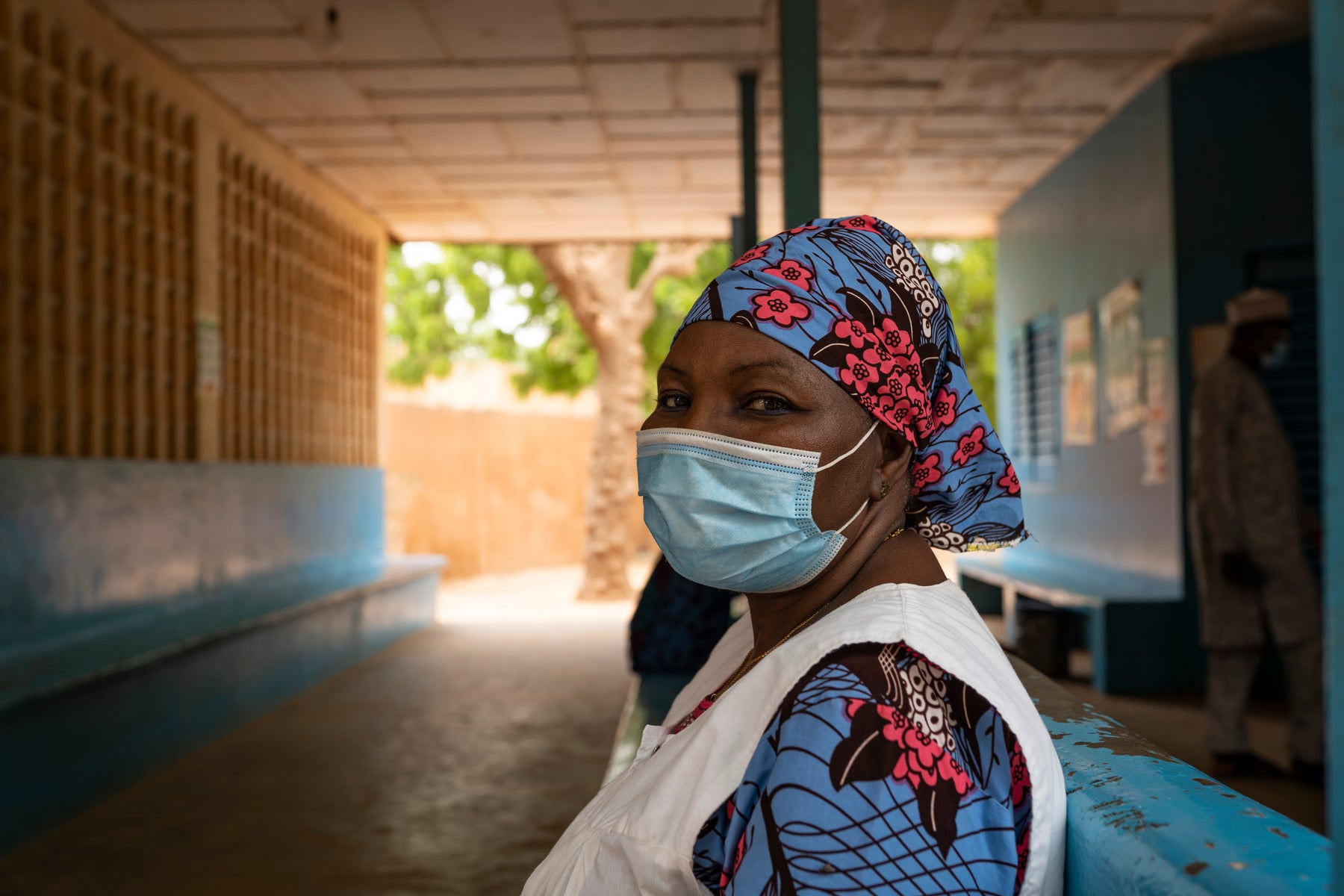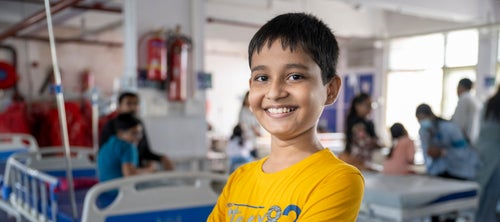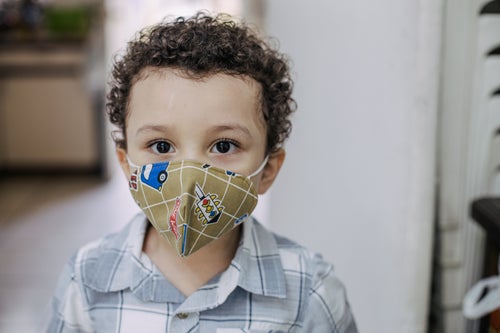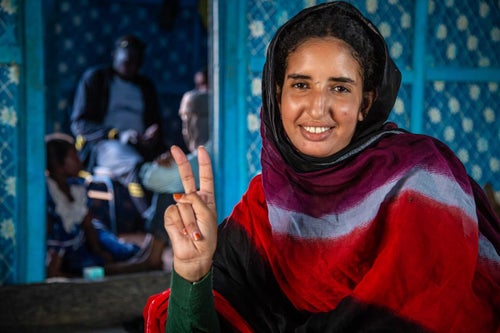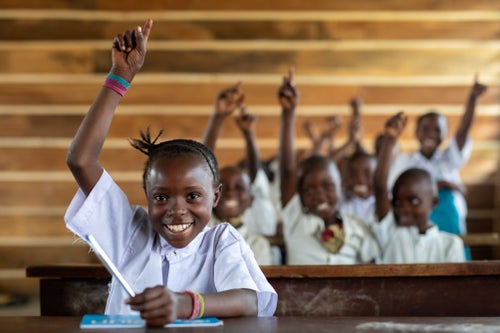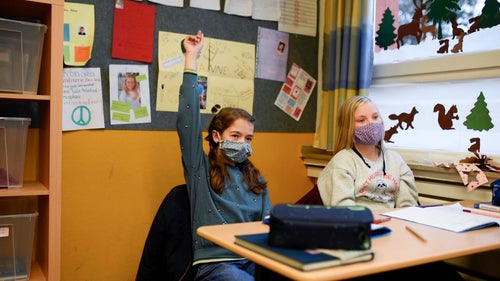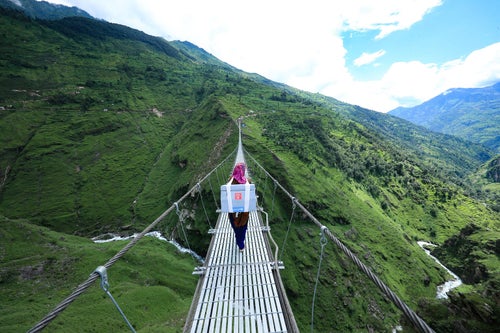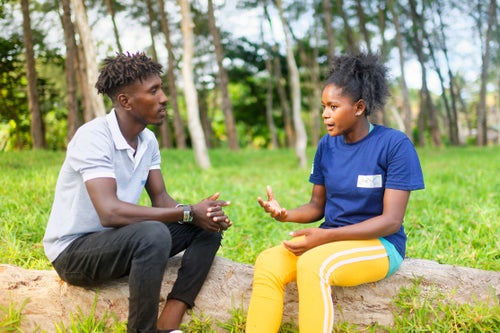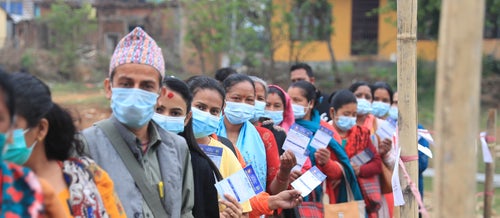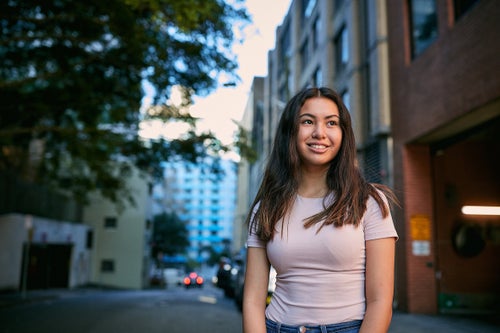Last week, UNICEF Ambassadors and supporters came together (virtually) to share a message: coronavirus is devastating children’s lives around the world and we must act now.
While restrictions are beginning to ease here in Australia, our neighbouring countries continue to struggle in the devastation caused by COVID-19.
- Our closest neighbour, Papua New Guinea (PNG), has just one doctor for every 10,000 patients.
- In Timor Leste, there is only one ICU bed and one ventilator in the whole country, and up to 70 per cent of health posts have no access to running water.
- In the Pacific, boat access is often the only way to reach the 660 inhabited islands and atolls - making logistics and the delivering of supplies extremely difficult.
- In the East Asia and Pacific region, 325 million children are out of school. Globally 1.5 billion youths have been affected by school closures.
- In Timor Leste and PNG, 50 per cent of children under five are stunted due to malnutrition. With parents and carers out of work and heading for economic downturn - particularly given the region’s huge reliance on tourism - many families will no longer be able to afford essential nutrition and health supplies.
Our ambassadors and supporters know just how devastating disease can be when we don’t have vaccines. This is what they had to say:
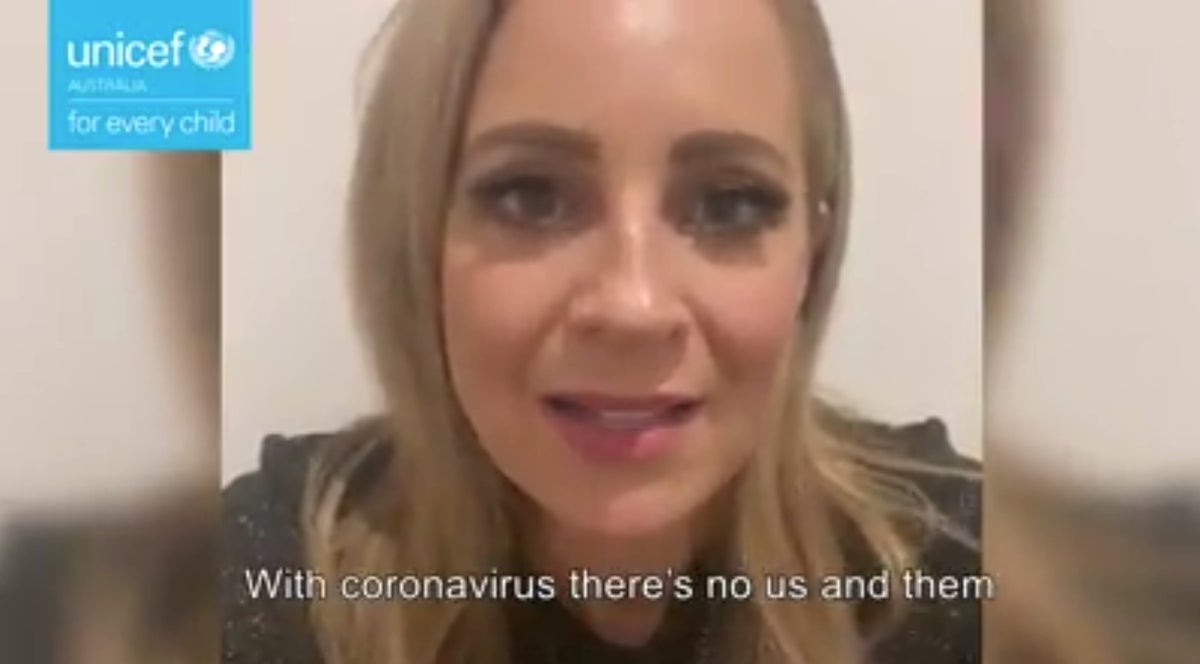
UNICEF Australia Ambassadors speak up
UNICEF is working around the globe to keep children protected from deadly disease. Since the beginning of the pandemic, 64 countries have received lifesaving supplies including more than 7 million gloves, almost 3 million surgical masks and more than 828,000 respirators.
We have also reached 21.3 million people with critical water, sanitation and hygiene supplies and provided 400,000 healthcare staff with personal protective equipment (PPE).
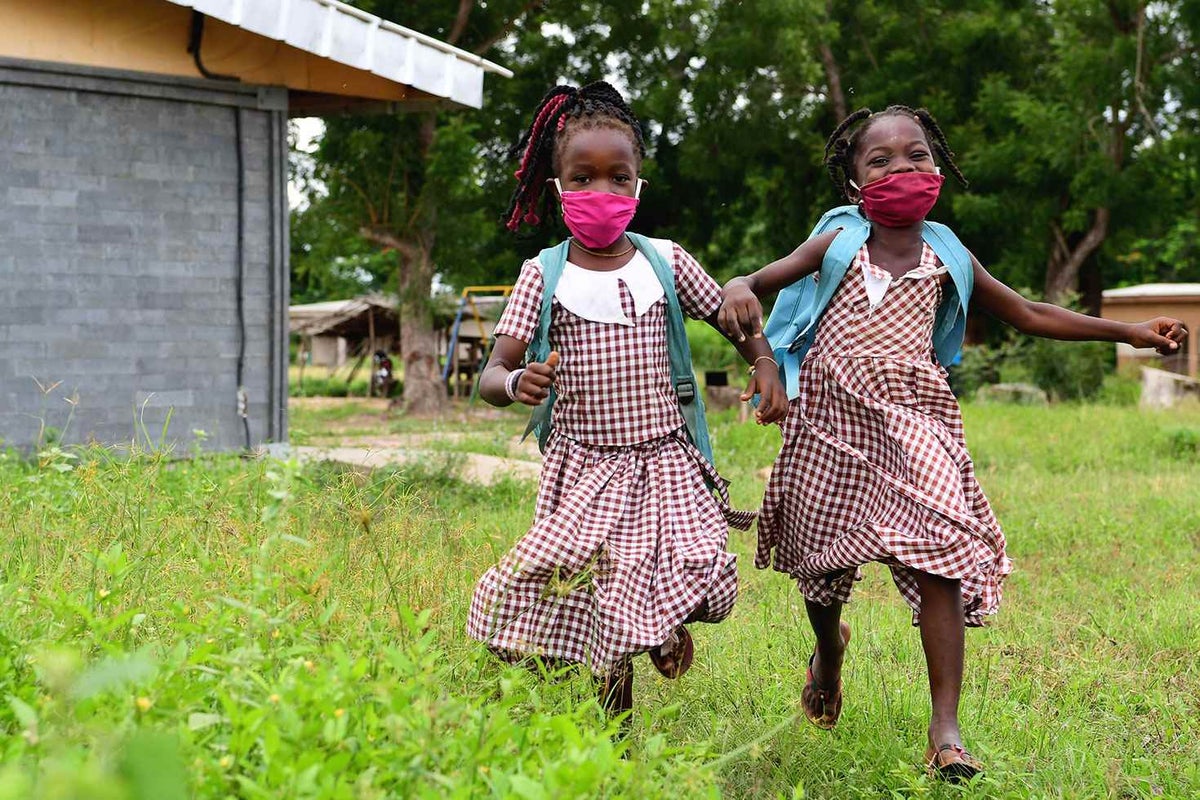
Related articles
Stay up-to-date on UNICEF's work in Australia and around the world



